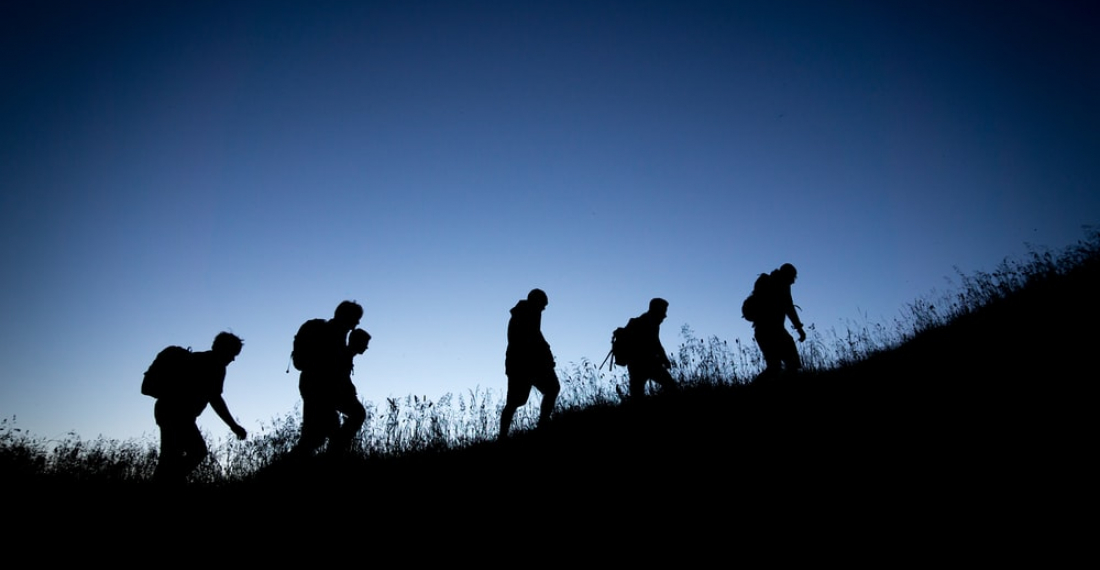The administration of US President Joe Biden has asked the Central Asian nations Kazakhstan, Tajikistan and Uzbekistan to accommodate 9,000 Afghan citizens temporarily. They worked for American troops in Afghanistan and are now threatened by the Taliban.
Provisionally, the options for an agreement, which extends beyond the accommodation of refugees, are being explored. The US is also exploring the countries for use as military bases for future military missions in Afghanistan.
The Biden administration expresses deep concerns about the fate of Afghan interpreters and translators in the region. Many worked for the US in the past. After twenty years, the US is withdrawing from Afghanistan, where the Taliban is on the march.
In total, 18,000 Afghans have applied for a special visa. This allows people who have worked for the US military to obtain refugee status. The processing of such an application can take years, which critics say is far too long. Therefore, the US is looking into the possibility of temporarily moving Afghans to a safe location while their visa application is being reviewed.







